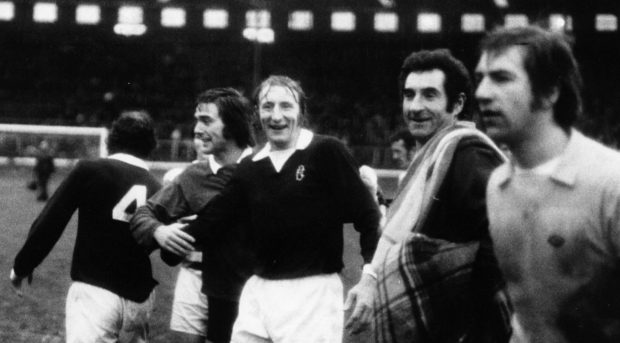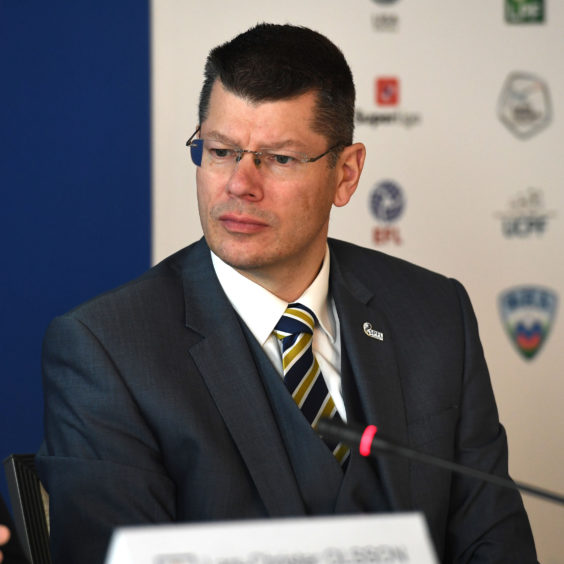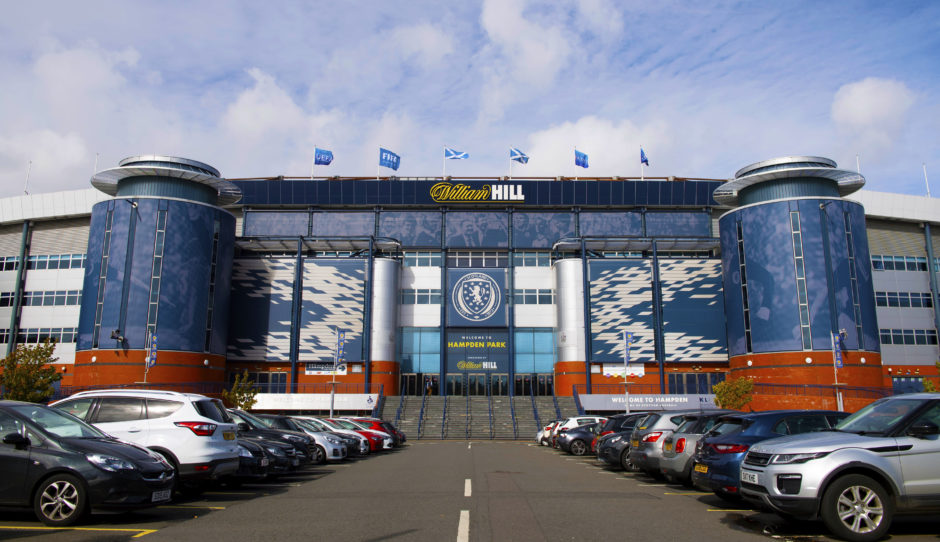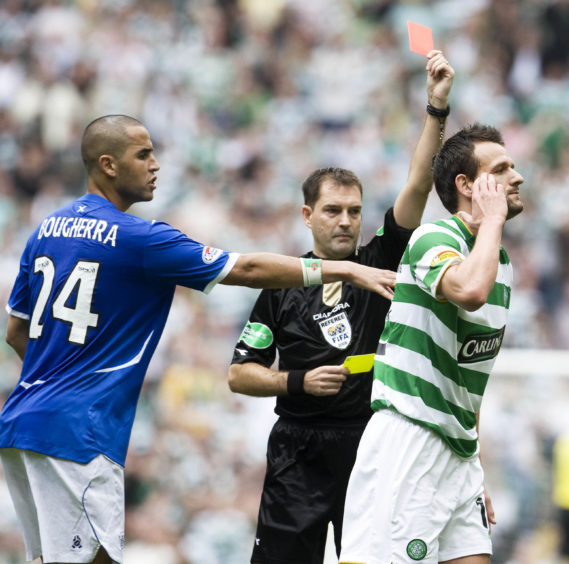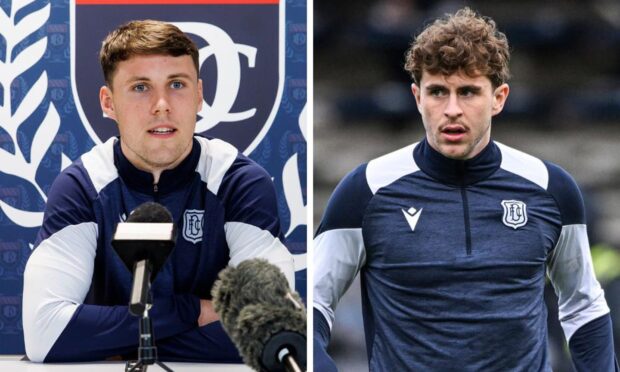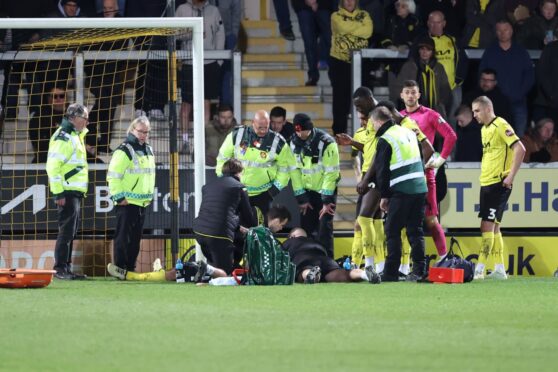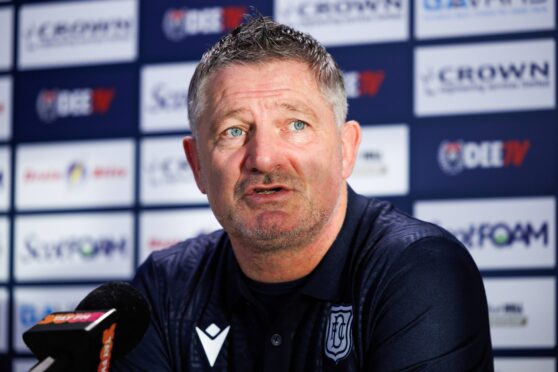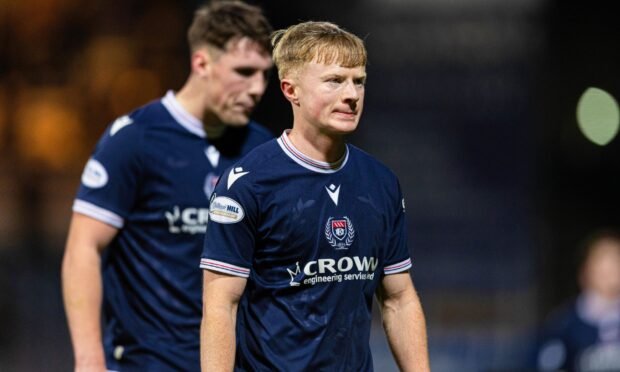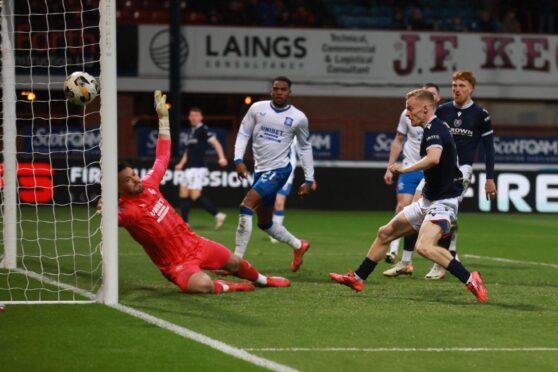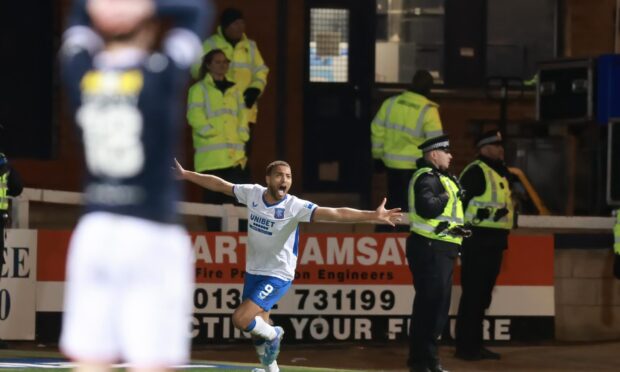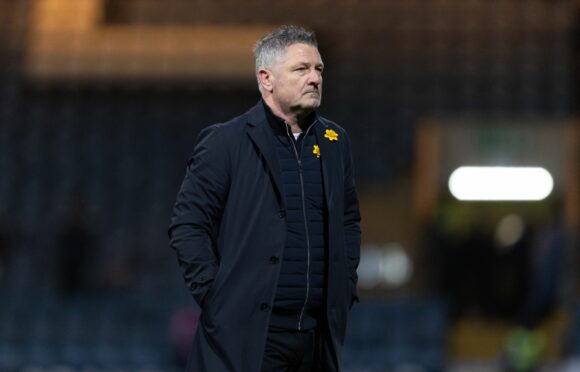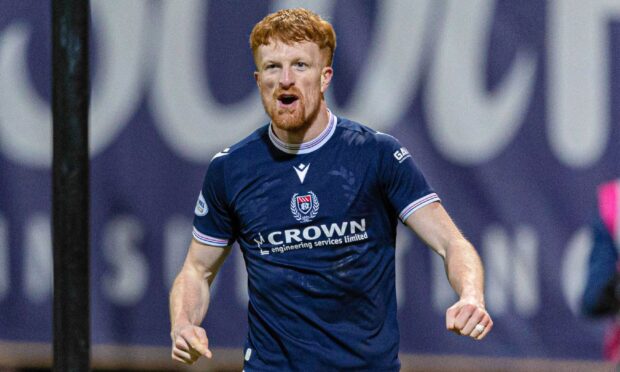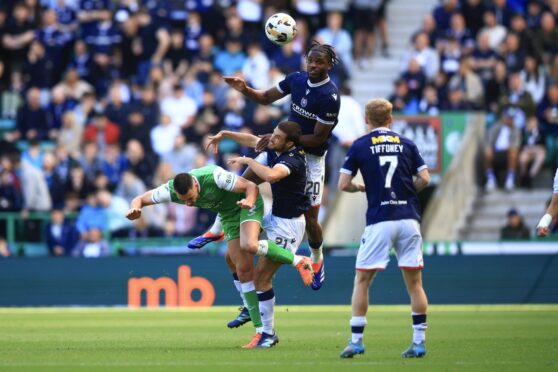Let’s get the statement of the obvious out of the way first.
Scottish football has never before had to close down because of a world pandemic.
The coronavirus crisis that has swept the globe is offering a new and daunting challenge, one that the SPFL and SFA recognised yesterday when they brought a halt to the domestic game until further notice.
There was only ever going to be one decision up here after our giant neighbours, the English Premier League, made their own suspension announcement an hour or so earlier.
When fans of the future look back on this era, COVID-19 will have its own chapter in the history books.
Where football in this country is concerned, the show has mostly gone on even under the grimmest of circumstances.
For example, amidst the death and destruction of World War One, Scottish football soldiered on.
While players joined up for the trenches and even formed club football regiments such as the famous McCrae’s Battalion, which contained men from Hearts, Raith Rovers, Dunfermline, East Fife and others, those not in service could still go and watch their teams play.
The Scottish League ruled that the First Division should continue but that the Second Division should be disbanded for the duration of the hostilities. The second-tier clubs, however, decided to play on and set up Regional Leagues, a geographical concession in order to restrict travelling.
Celtic were the country’s champions for the first four of the Great War years, while Rangers took the 1917-18 title. The Scottish Cup did stop, with the Parkhead side lifting the trophy at Ibrox in 1914 before a six-season hiatus.
Despite the strangeness – some would say absurdity – of games going on during a global conflict, football here also continued in a limited form after the outbreak of World War Two.
Indeed, government advice was for the sport to provide a welcome distraction from the horrors of Nazi bombing and food shortages on the home front.
When war was declared after the German invasion of Poland, Dundee were sitting top of the Second Division and Dundee United were in second spot.
The Dark Blues competed in the North and North East League for one season but shut their club down until 1944. Dens Park was used as a goods store.
United were a different story, playing throughout the war with the exception of season 1940-41.
That saw the Tannadice team take part in the 1940 Emergency War Cup final against Rangers in front of 75,000 spectators at Hampden. That game has a special place in United folklore due to a controversially disallowed goal scored by Tommy Adamson before Rangers struck late on to lift the trophy.
There were no official Scottish Cups, though, between Clyde’s 1939 victory and Aberdeen’s victory in 1947.
While warfare provided the ultimate challenge to Scottish football’s ability to keep calm and carry on, there have been other, lesser, challenges to the sport.
Dundee’s last major trophy, the League Cup, was won in the midst of one of the most serious industrial disputes to hit Scotland and the wider United Kingdom.
The Dark Blues had battled through to the final against Jock Stein’s all-conquering Celtic side, which took place on December 15, 1973.
The country was on a three-day week, miners and railwaymen were on an overtime ban and there was a fuel crisis.
In order to conserve energy, the match at the national stadium kicked off early as snow was smothering Glasgow.
A large number of Dundee fans thought the game was off and turned back but, thankfully, some made it to the ground to watch Gordon Wallace’s goal clinch the silverware.
Then, just a decade ago, all the talk was of a referees’ strike calling a halt to the action.
There had been a threat to withhold labour two years earlier in 2008 due to a row over pay.
This time, though, it was United who found themselves, albeit through no fault of their own, at the heart of the dispute.
The reason for the anger was the criticism of match official Dougie McDonald following a Tannadice clash against Celtic on October 17, 2010.
McDonald overturned the award of a penalty to the Hoops during the game and subsequently admitted that he lied over the circumstances surrounding his decision.
That caused uproar, particularly within Celtic Park, and their then chairman John Reid called for McDonald, who would eventually step down, to be sacked.
McDonald’s union, the Scottish Senior Football Referees’ Association, called for a withdrawal of labour that looked likely to wipe out the fixture card of November 27.
As it turned out, bad weather meant that only four games went ahead that weekend and they did so with replacement officials from Israel, Luxembourg and Malta. It was the first time since 1905 that a domestic match had been refereed by someone from outside Scotland.
Of course, the greatest threat to the game north of the border usually comes from the weather and the big freeze of 2010-11 left clubs without income for months.
There was also the Beast from the East of two years ago but those threats are not extraordinary and even expected.
Coronavirus is new and unique, leaving football and sport in general struggling for ways to deal with it or even live with it.
Perhaps most testing of all in a game where planning is everything, it is the disease, rather than football, that is setting the agenda.
